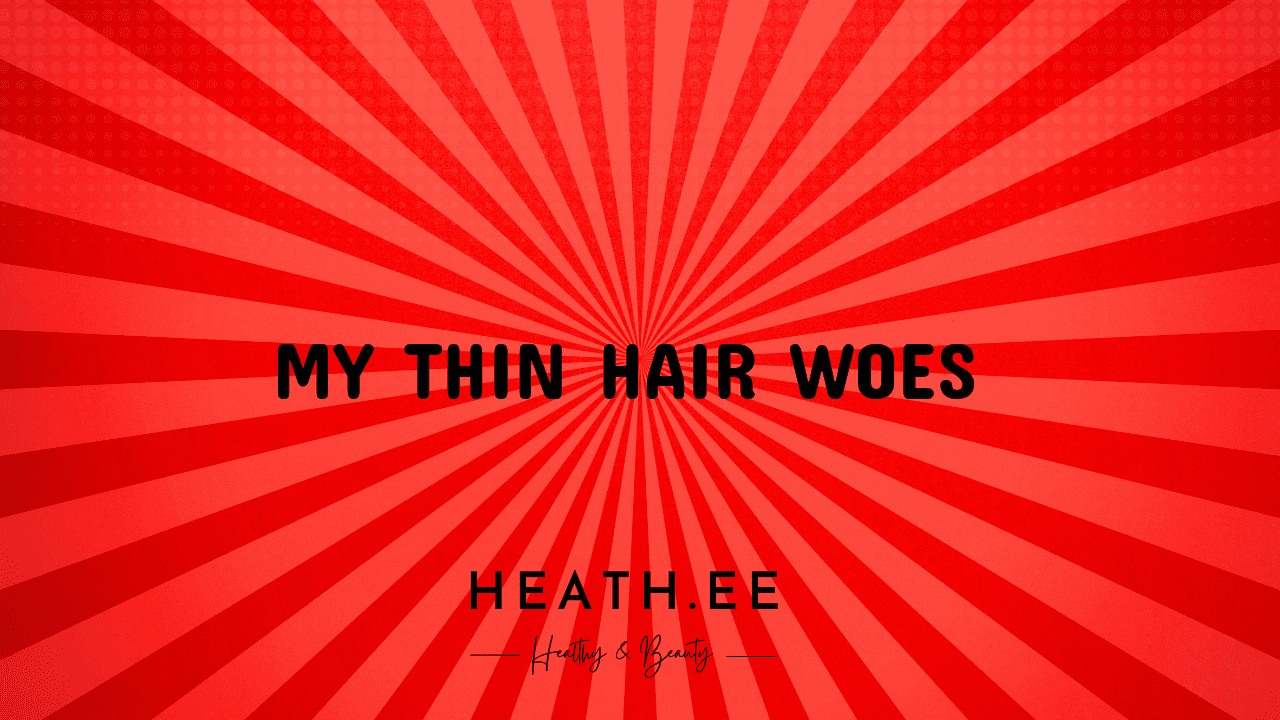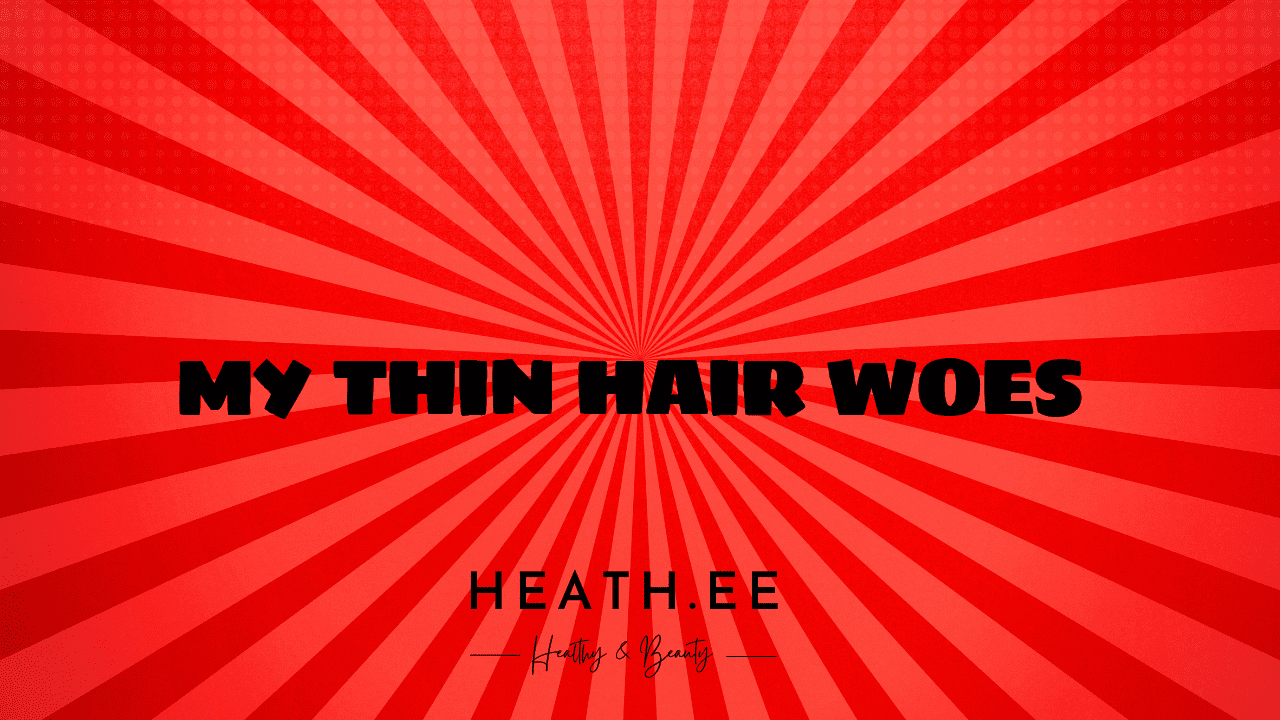If you have ever looked in the mirror and noticed that your hair is thinning, you may be feeling a wave of emotions, from frustration to embarrassment. But you are not alone. Hair thinning is actually quite common, and it can be caused by a variety of factors, from genetics to lifestyle.
In this guide, we’ll explore the causes and treatments of thinning hair, so that you can take steps to restore your hair and feel confident again.
What Causes Thinning Hair?
Thinning hair can be caused by a variety of factors, including genetics, hormones, and lifestyle choices.
Genetics
Genetics play a major role in hair loss. If you have a family history of hair loss, chances are you may experience thinning hair as well. This is because hair loss is often caused by a combination of genetics and hormones.
Hormones
Hormones are also a major factor in hair loss. Hormonal changes can cause hair loss, such as during pregnancy, menopause, and aging. Additionally, certain medical conditions, such as thyroid disorders and polycystic ovarian syndrome, can also cause hair loss.
Lifestyle Choices
Lifestyle choices can also contribute to thinning hair. Stress, poor nutrition, and lack of sleep can all lead to hair loss. Additionally, certain medications, such as chemotherapy drugs, can also cause hair loss.

How to Treat Thinning Hair
There are a variety of treatments available for thinning hair. Depending on the cause of your hair loss, your doctor may recommend one or more of the following treatments.
Medications
Certain medications, such as minoxidil and finasteride, can help to stimulate hair growth and slow down hair loss.
Surgery
In some cases, surgery may be recommended to treat hair loss. Hair transplant surgery is a common procedure that can help to restore hair growth.
Lifestyle Changes
Making lifestyle changes can also help to treat hair loss. Eating a healthy diet, managing stress, and getting enough sleep can all help to promote healthy hair growth.
How to Prevent Thinning Hair
Taking steps to prevent hair loss can help to keep your hair healthy and strong.
Proper Hair Care
Proper hair care is essential for preventing hair loss. Avoid using heat styling tools, such as curling irons and blow dryers, as these can damage the hair and cause it to break. Additionally, avoid using harsh chemicals, such as bleach and dyes, as these can also cause hair loss.
Healthy Diet
Eating a healthy diet is also important for preventing hair loss. Eating a balanced diet that is rich in proteins, vitamins, and minerals can help to promote healthy hair growth.
Stress Management
Managing stress is also important for preventing hair loss. Stress can cause hair loss, so it is important to find healthy ways to manage stress, such as yoga, meditation, and exercise.

Conclusion
Thinning hair can be a frustrating and embarrassing experience, but it is important to remember that you are not alone. There are a variety of treatments available for thinning hair, from medications to lifestyle changes. Additionally, taking steps to prevent hair loss, such as proper hair care and stress management, can help to keep your hair healthy and strong.



